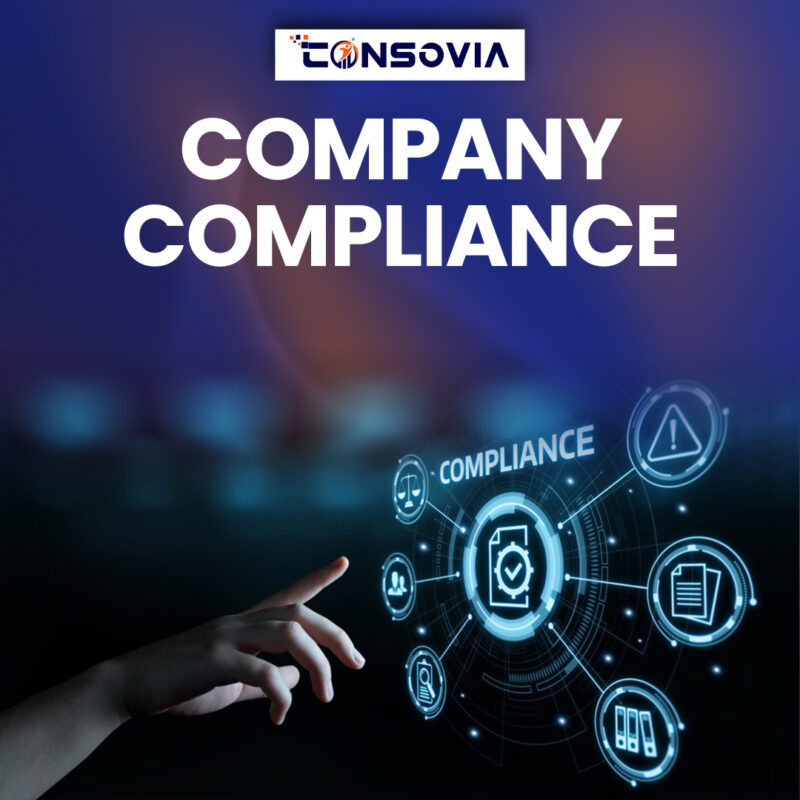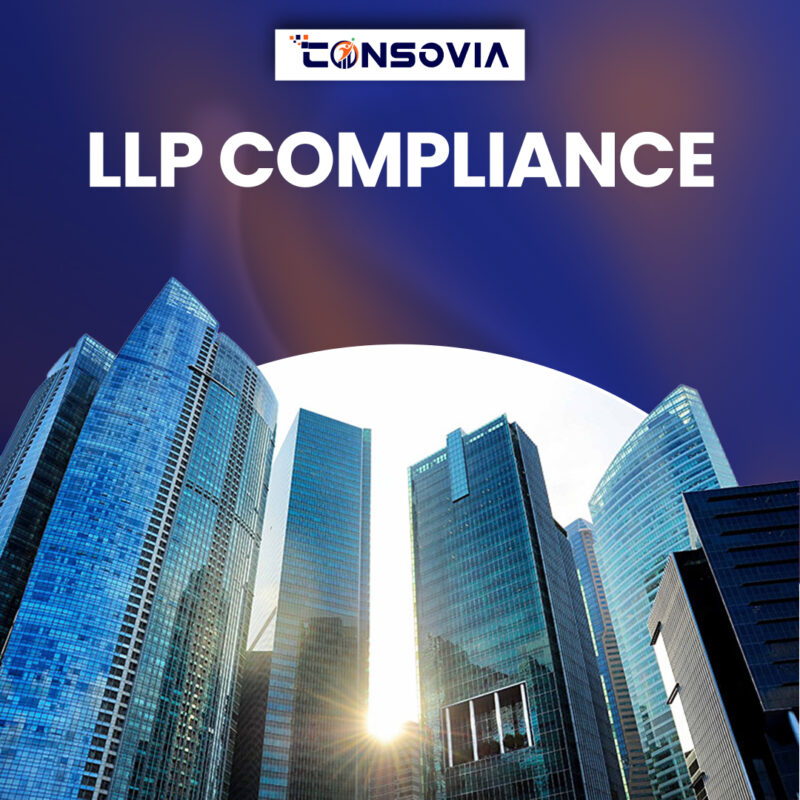- Start Your Business
- Government Certificate
- Digital Marketing Solution
Digital Markting Solution
- Funding Consultation service
Funding Consultation
- Compliance Services
Compliance Services
Company Compliance
Companies registered under the Companies Act must fulfill a range of
ongoing compliance requirements, including annual filings, board
meetings, disclosures, and statutory registers. These filings ensure
regulatory transparency, avoid penalties, and maintain good standing
with the Ministry of Corporate Affairs (MCA). Non-compliance may
lead to legal action or disqualification of directors.
Director Change
Adding, removing, or replacing a director in a company must be
carried out in accordance with the Companies Act, 2013. The process
involves passing a board resolution, obtaining consent from the
incoming or outgoing director, and filing relevant forms such as DIR-12
with the ROC. Director changes must be reported promptly to ensure
valid governance records.
GST Return Filing
Registered businesses must file GST returns on a monthly or quarterly
basis, depending on turnover and scheme eligibility. Each filing
requires accurate reporting of outward and inward supplies, tax
liabilities, and ITC claims. A qualified accountant ensures the return is
filed on time and in accordance with current GST rules, reducing the
risk of penalties or notices.
Income Tax E-filling
Income tax e-filing involves the digital submission of an individual's or
business entity's annual income details to the Income Tax
Department. Filing ensures compliance with tax laws, enables refund
claims, and prevents penalties for late or inaccurate submissions. This
process includes calculating taxable income, applying eligible
deductions, and submitting returns through the appropriate ITR form.
LLP Compliance
Limited Liability Partnerships (LLPs) are required to file annual returns
and maintain financial records as per the LLP Act. This includes the
filing of Form 11 and Form 8, along with income tax returns. Ensuring
timely and accurate compliance protects the LLP’s legal status and
prevents late fees or prosecution.
Name Change – Company
Changing the name of a company requires approval from
shareholders and the Registrar of Companies (ROC). The process
involves board resolutions, name availability checks, approval of a
new name via RUN or SPICe+, and issuance of a fresh Certificate of
Incorporation. Post-approval, all statutory documents and records
must be updated to reflect the new name.
OPC Compliance
A One Person Company (OPC) must comply with annual filing
obligations, financial disclosures, and board reporting even with a
single shareholder. Regulatory submissions include financial
statements, annual returns, and income tax filings. Meeting
compliance standards is crucial to preserving limited liability benefits
and avoiding penalties under the Companies Act.
TDS Return Filing
Tax Deducted at Source (TDS) returns must be filed quarterly by
entities responsible for deducting tax at source on payments like
salary, rent, or professional fees. Filing includes submitting Form 24Q,
26Q, 27Q, or 27EQ, depending on the nature of the transaction.
Timely filing is essential to avoid interest, penalties, and potential
disallowance of expenses.
Trademark Transfer
Trademark transfer allows legal ownership of a registered mark to be
reassigned from one party to another. This is commonly done during
business acquisitions, restructuring, or brand licensing. The
assignment must be documented and recorded with the Trademark
Registry to be valid and enforceable under law.










